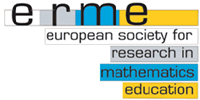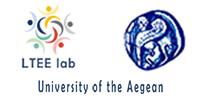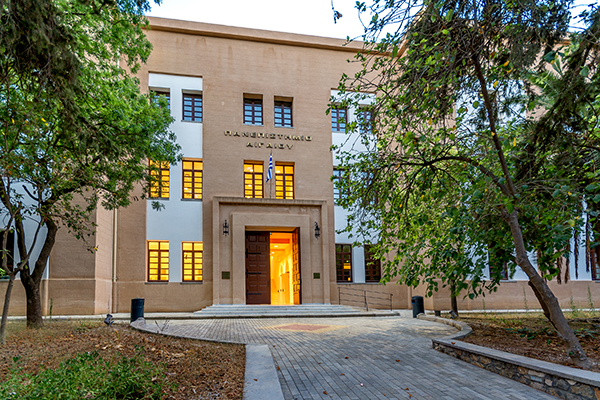Host Institution
University of the Aegean
The University of the Aegean (UAegean) was founded in 1984 aiming to introduce new approaches in higher education in Greece and worldwide and to promote regional development. Situated in 6 picturesque islands in the Aegean Archipelago, the UAegean offers a unique natural, cultural and human environment for modern studies in the ancient cradle of knowledge.
From its earliest days, the UAegean challenged the prevailing limitations of the academic endeavor in Greece, both in terms of educational approach and in terms of organizational structure. These challenges were soon transformed into advantages which have culminated in academic achievements and the rapid development of the institution.
In less than thirty years, the UAegean has evolved into an international research –oriented University offering 18 undergraduate (BA or BSc) and 40 postgraduate (MA or MSc) programmes in modern interdisciplinary thematic areas such as environment, communication systems, cultural informatics, product design, food and nutritional sciences, education design and Mediterranean studies. In addition, the UAegean has established joined international postgraduate programs (i.e. in Biodiversity, Environmental Policy and Management, European Integration) as well as joined PhD degree programmes in a wide range of thematic areas.
University unit of Rhodes
The University Unit of Rhodes hosts the School of Humanities consisting of the Departments of: Primary Education, Sciences of Pre-school Education & Educational Design and Mediterranean Studies. It also has administrative support staff, the University Library (Branch of the Central University Library).
The School of Humanities is housed in two big two-storied buildings (the one is the former School of Constabulary and the other is the former Kazarma Reggina), which have classrooms, laboratories, libraries and instructors' offices, while a new building is rented so the School is operated smoothly.
The city of Rhodes is one of the richest cities in Greece; it has natural and structured beauty, history, culture and many happenings and activities take place. It is located in the northern part of the island of Rhodes and is the capital of the Prefecture the Dodecanese. The medieval division of the city, with an impressive fortress wall, preserves unchangeable its medieval character and has been recognised as one of the Monuments of World Cultural Heritage. Today, it is a living piece of the modern city, in which commercial, tourist and recreational activities occur, while it also has populated areas.
In the modern division of the city the cosmopolitan atmosphere of a modern tourist resort dominates. This part of the city has imposing public buildings, wide and comfortable streets with rows of trees, parks, beaches and a rich and busy commercial centre.
Learning Technology and Educational Engineering laboratory
The Laboratory of Learning Technology and Educational Engineering (LTEE), is a Research and Development laboratory at the School of Humanities, Department of Sciences of Pre-school Education and of Educational Design, University of the Aegean, located in the island of Rhodes in Greece. The LTEE lab was founded in 2000.
The Laboratory focuses on Learning Technology (valorisation of the cognition and the emerged intelligence mechanisms, design, development and implementation of technology-enhanced learning environments) and on Educational Engineering (systemic approach of the variety and complexity of interactions among the learning-teaching situations and the organization models of educational units).
LTEE laboratory members produce academic research (through basic and funded research projects) in the fields of Information and Communication Technologies (ICTs) in Education, Mathematics Education, Science Education, as well as the wider field of Educational Engineering. The corresponding research concern a variety of: (i) age-groups and roles of human agents, (ii) learning situations and (iii) educational entities.
LTEE lab members offer courses in pre-graduate, post-graduate and PhD programs of studies. They also educate teachers and educational leaders in pre-service level and in continuous professional development level.
LTEE lab research produce scientific and educational contributions mainly to the following research dimensions:
- Interdisciplinarity, Complexity and Systemic Approach in Education
- Mathematics Education
- Technology-Enhanced Learning in Science and Mathematics Education
- STEAM dimensions in Education
- Technology-Enhanced Learning
- Computational Thinking & Didactics of ICTs
- Learning Analytics


